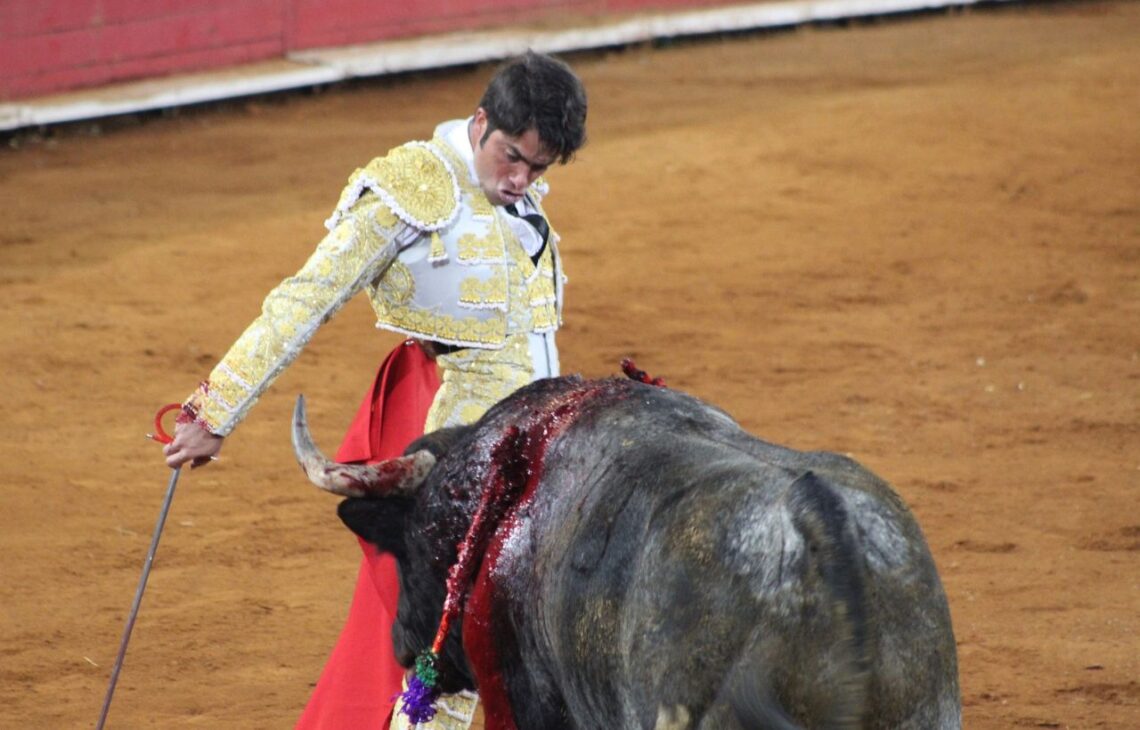
Bullfighting Controversies in Madrid
Bullfighting is a traditional sport that has been part of Spanish culture for centuries. Madrid is one of the main cities in Spain where bullfighting is still practiced, and it is home to one of the most famous bullrings in the world, Las Ventas. However, this controversial sport has sparked many debates and protests in recent years, with critics arguing that it is cruel and outdated. In this article, we will explore the controversies surrounding bullfighting in Madrid.
The most significant controversy surrounding bullfighting in Madrid is the issue of animal welfare. Animal rights activists argue that bullfighting is a cruel and inhumane sport that inflicts unnecessary pain and suffering on animals. They point out that bulls are often drugged before the fight to make them more aggressive and easier to manipulate, and that they are then subjected to physical and psychological torture during the fight. The bulls are stabbed with spears and knives and are ultimately killed by the matador. This argument has led to calls for the banning of bullfighting in Madrid and other parts of Spain.
Proponents of bullfighting argue that it is an art form and a cultural tradition that should be preserved. They argue that bullfighting is a way of celebrating Spanish culture and heritage, and that it is an essential part of the country’s identity. They also point out that the bulls used in bullfighting are bred for the purpose and are well taken care of before the fight. They argue that the bulls are treated with respect during the fight and that the matadors are skilled professionals who understand how to kill the bull humanely.
The controversy over bullfighting has also led to debates about its economic impact on Madrid. Supporters of bullfighting argue that it is a significant source of revenue for the city, attracting tourists and providing employment for many people. They point out that bullfighting is an integral part of Madrid’s cultural identity and that banning it would be a blow to the city’s economy.
Opponents of bullfighting argue that the economic benefits of bullfighting are overstated and that other forms of entertainment could provide similar economic benefits without the ethical concerns. They argue that Madrid could promote other cultural events that celebrate Spanish heritage and attract tourists without the need for animal cruelty.
In recent years, the controversy over bullfighting in Madrid has led to changes in public opinion and government policy. Several Spanish cities have already banned bullfighting, and more are considering doing the same. The Spanish government has also taken steps to address the issue, such as banning the use of sharp objects in children’s bullfighting games and promoting alternative activities that celebrate Spanish culture without cruelty to animals.
In conclusion, bullfighting remains a controversial issue in Madrid, and the debate over its ethical implications continues. While some see it as a cultural tradition to be preserved, others view it as a cruel and inhumane practice that should be banned. As the conversation continues, it is essential to consider all perspectives and strive for a solution that balances cultural heritage with animal welfare.